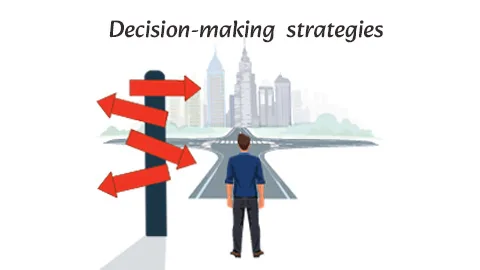
5 Signs of Good Girl Syndrome
Struggling with Good Girl Syndrome? Discover the 5 signs of people-pleasing and learn how to say “no” to others and “yes” to yourself for a more authentic, empowered life.
Say “No” to Others and “Yes” to Yourself!
In a world that constantly demands more of us, it’s easy to lose ourselves in the process. We want to be liked, to fit in, to meet expectations. But here’s the truth: in trying to be everything to everyone, we end up nothing to ourselves.
You’ve probably felt it—a tightness in your chest when you can’t say “no” or that gnawing feeling of guilt when you prioritize your needs. This isn’t a coincidence. It’s Good Girl Syndrome, a trap many of us fall into, where people-pleasing becomes a habit, a way of life. But here’s the question: Is it worth it?
Let’s explore why we do this, why it feels like we have to please everyone, and how we can start saying “yes” to ourselves.
5 Signs You Might Be Stuck in the Good Girl Trap:
- Constantly Seeking Approval: You feel uneasy without validation from others. Every decision feels like a test of your worth.
- Difficulty Saying No: You say “yes” to things you don’t want to do, often overcommitting and feeling drained.
- Fear of Conflict: You avoid confrontation at all costs, even if it means compromising your own needs.
- Perfectionism: The idea of being less than perfect feels like a failure, even though perfection doesn’t exist.
- Putting Others First: You neglect your own well-being in favor of everyone else, leading to burnout and resentment.
The Psychology Behind It: Why We Do This
Psychologist Carl Rogers once said, “The good life is a process, not a state of being.” People-pleasing is a learned response to a fear of rejection. We are wired to seek approval and avoid conflict to feel safe in our social circles. But the more we suppress our own needs to fit in, the more disconnected we become from our true selves.
A study by Harvard University revealed that those who put others’ needs before their own are more likely to suffer from increased stress and lower self-esteem. It’s no surprise that the more we try to please others, the more disconnected we feel from our own happiness.
How to Break Free and Reclaim Yourself:
- Self-Reflection:
Take time to reconnect with your values, goals, and what truly makes you happy. Ask yourself: What do I need? What brings me peace? - Set Boundaries:
Saying “no” isn’t just a tool—it’s a declaration of your self-worth. Honor your time, your space, and your peace. - Practice Assertiveness:
It’s not just about saying “no”—it’s about saying “yes” to your voice. Speak your truth, with clarity and confidence. - Challenge Perfectionism:
Perfection doesn’t exist. Mistakes are not failures—they’re growth opportunities. Let yourself be imperfect. - Mindfulness:
Recognize when you’re falling into the cycle of people-pleasing. Take a step back, breathe, and refocus on your own needs.
Breaking Free: The Power of Saying “No”
Now, let’s talk about the power of “no.” Saying “no” doesn’t make you selfish—it makes you intentional. It’s about reclaiming your time, your energy, your peace of mind. And yes, it’s uncomfortable. But discomfort is where change happens.
How to Say No – Real Life Examples:
- At Work:
“I’m already fully committed to my current project, and I won’t be able to take on that additional task right now.”
Instead of “I’ll try to do it all,” try, “I’m committed to delivering my best work, and that requires focus.” - With Friends:
“I love you, but I can’t join tonight. I need some time to recharge.”
Instead of saying “yes” when you’re drained, be honest about your needs. It’s not a rejection of them; it’s a commitment to yourself. - In Relationships:
“I’m not okay with that request.”
No more compromising your values to keep the peace. Saying “no” to someone’s request is saying “yes” to your boundaries and your self-respect.
The Result of Saying “No”
Every “yes” you say to someone else is a “no” to yourself. But the reverse is true as well. Every time you say “no” to an external demand, you’re saying “yes” to your own life.
It’s not selfish—it’s necessary.
In the end, you have one life to live, and it’s up to you how you spend it. So, the next time you’re faced with a request, ask yourself:
Is this serving me? Is this the life I want to create?
Remember: you can’t pour from an empty cup. And the world doesn’t need another people-pleaser—it needs you, the real you, showing up. Say “no” to others, and “yes” to yourself. The world will thank you for it.
Sending you positive vibes and keep shining your light!




